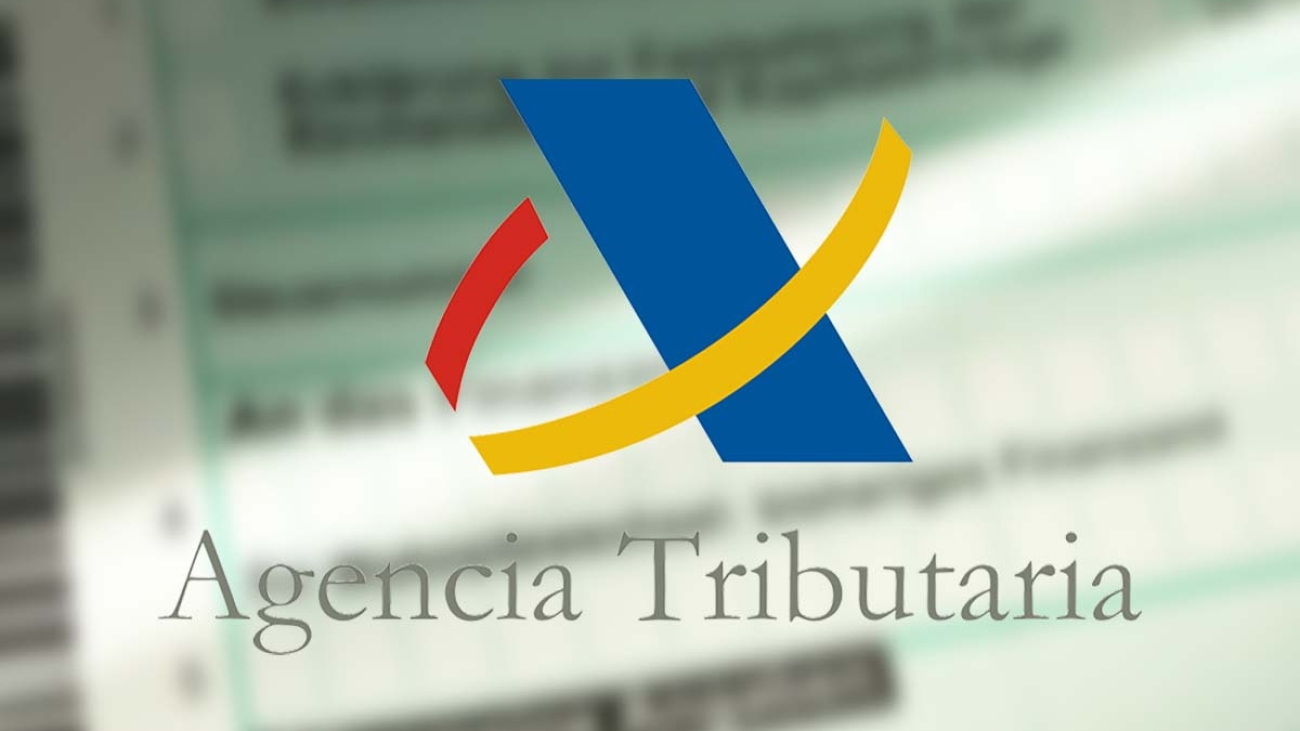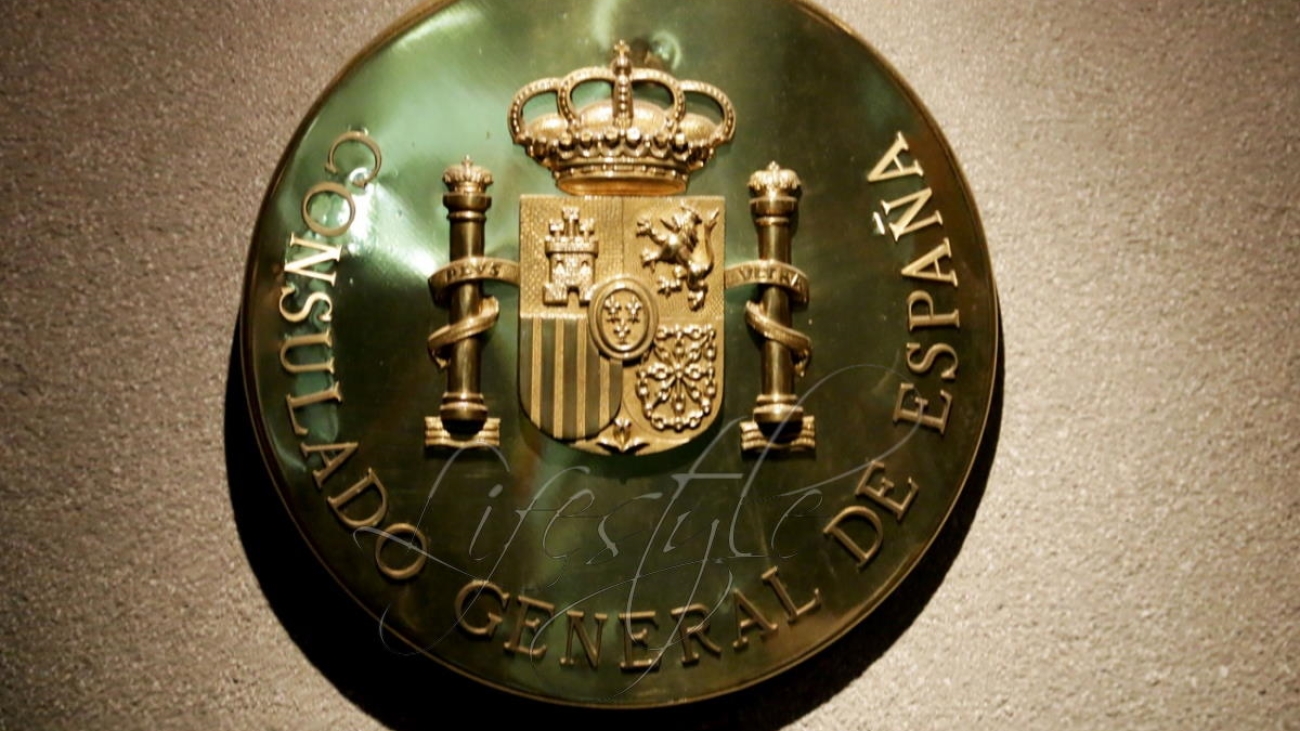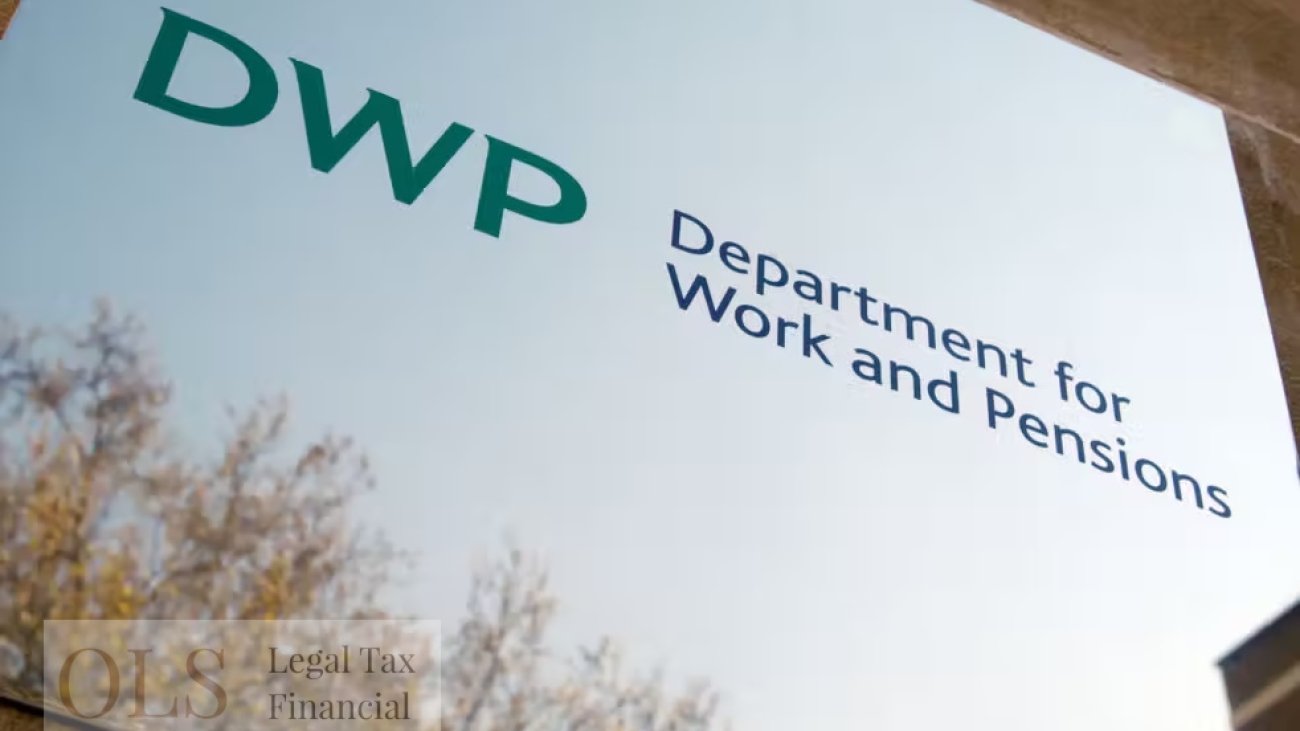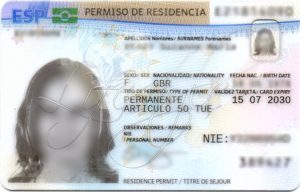Planning for Spanish tax in Spain before taking up residency
Contrary to popular perception Spanish taxation is often not as bad as many think, or are led to believe it is. The reality is of course that if you take up Spanish residency, you become liable to pay tax in Spain.
Rather than avoid the matter as many do or have done, anyone who’s just moved over and recently taken up residency or is planning to, should be considering the fiscal aspects of their transition and getting ready for Spanish taxation.
By taking time to plan, it is often possible to minimise potential Spanish tax exposure, and limit it, or at very least fully understand it.
We recommend anyone moving to Spain from the UK to follow these 5 steps:
Simple Steps to Successfully becoming a Spanish Tax Resident
- Learn about the tax system – what needs to be done and when
- Understand how the Spanish tax regime differs in your situation and what tax you will have to pay
- Find out what tax treatment applies to assets you own and tax breaks that you currently enjoy
- Make changes in your financial set up to minimise, limit or avoid Spanish tax
- Get professional advice on financial or tax matters in both the UK and Spain
Tax in Spain and Spanish Residency
Without a doubt the Spanish tax system is very different to the UK’s. Income tax allowances vary depending age and whether your have dependents, tax rates for earned income are higher, and there are different rates for other types or income such as that from investments or from letting residential property.
You can read more about the different types of tax in Spain here.
Spanish Tax – Things For You To Consider When Moving from the UK to Spain
Savings
These have to be declared to the tax office if all your cash amounts to the equivalent of €50,000 or more. You don’t pay tax on savings, only on interest, however if your savings along with your other assets including your home amount to more than €1m, Wealth Tax applies on the amount above the €1m allowance. (€700 overall wealth plus additional €300k main home allowance).
Investments
If you have investment ISA’s, these lose their tax free status once you become resident in Spain. You would become liable to pay Capital Gains Tax on any growth or interest. Gains on other investments also attract Capital Gains Tax. If you don’t have proof of how much of the ISA or investment is capital that you put in, and how much is gain, everything drawn out will treated as investment income and taxed as a Capital Gain. The tax rate starts at 19% and goes up to 26%.
Pensions
Work pensions are taxed as regular income in Spain, however due to the UK leaving the EU, personal pensions such SIPP’s are treated as general investments. This can be beneficial, as with correct planning, tax paid on drawdown from these can be significantly reduced, often to less than you would pay as a UK resident.
Tax free lump sums are taxed as either income or Capital Gain in Spain, depending on the type of pension they are paid from. Lump sums should therefore be taken before you take up residency in Spain.
Transfer of pensions from one provider to another may also be deemed to be a full drawdown of the fund and subject to tax.
Property
If you are planning to sell your home in the UK, you need to be aware that if you do so after becoming resident in Spain, you might have to pay Capital Gains Tax. General advice is to sell whilst you are still tax resident in the UK and not take up residency in Spain until the following tax year.
If you are not planning to, or able to sell your property before you move to Spain, there are things you can do to enable you to avoid Capital Gains Tax in Spain if you want to sell your home in the future.
Financial Advice
Now that the UK is no longer in the EU, UK Financial Advisers cannot provide services to, or advise clients who live in the EU, unless they have a branch in an EU country. Conversely, most UK financial and investment product providers will not accept instructions from EU based advisers unless they also have a branch in the UK and are registered with the UK regulator the Financial Conduct Authority.
There are very few UK Financial Advisers who can provide services or advice to clients who live in Spain, and even fewer who are sufficiently qualified or have the necessary knowledge to provide financial advice taking into account Spanish taxation.
Moving from the UK to Spain and Planning Spanish Tax Residency
Changing tax residency from the UK to Spain in our opinion, in most circumstances, is not something that should be done without financial advice and Spanish tax planning.
There are potentially very costly mistakes that can be made due to not getting advice or getting the wrong advice, as well as big advantages that can be achieved with well advised planning.
To avoid potentially life changing costly mistakes we cannot emphasize strongly enough the importance of getting the correct guidance and advice.
Spanish Residency Financial & Tax Review
If you have recently moved to Spain, or are planning to do so and are not sure about your tax position, have questions about tax in Spain, or would like assistance with Spanish tax planning, we can provide you with an initial review of your situation and at no cost. We’ll highlight key tax points relating to tax, your situation and answer your general questions.
You may need further help understanding how tax in Spain affects you, or planning to limit how much it does. In which case our team of financial and tax consultants specialised in change of residency planning between UK and Spain, are here to help.
Fill in our Spanish residency financial & tax questionnaire to get your free no obligation review.
Spanish Residency
Financial & Tax Review Questionnaire
The initial review of the information and feedback is free of charge. Following the review if you would like a consultation, fees start at £249 / €295+IVA.
You can also fill in a short form (below) if you’d prefer to just send us a summary of your situation and specific questions for review.







